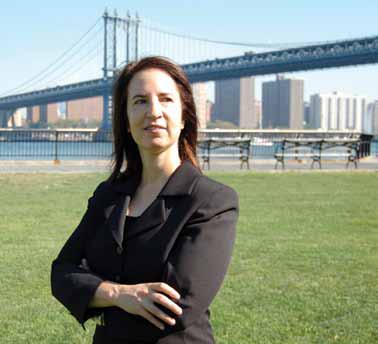by Sarah Blustain
Labor Pains
They’re calling this a “mancession.” But for many women, the current downturn is a story of sudden unemployment, deep frustration and a jobless economic recovery. Inside these economic storms, women are still trying to pull off their customary magic at home — with diminished resources.
But beyond the downturn, the essence of work itself is changing. The Feminist Revolution sent women to work, and they squeezed themselves into the old form — long days, inflexible hours, endless commutes — like Cinderella’s sisters and the glass slipper. It didn’t fit well. Today 30 percent of American workers are self-employed; call it the Freelance Revolution. It comes with downsides, like no benefits and no security. But it also presents an amazing opportunity for women (and men) to rethink how to make work work for them.
Freelance work is risky. Those of us who do it are flying without a parachute, and sudden drops are dangerous. In the following pages, guest editor Sarah Blustain introduces you to a visionary woman, Sara Horowitz, who has created the Freelancers Union as a new form of safety net for the new form of work. You will also hear the voices of women reminding us how central work is to our lives, and how hard it is — financially and spiritually — when old-fashioned work disappears. And you will see how feminist agenda items like equal pay, equal status and flex-time fare — in the Jewish world, in the rabbinate, in high-end corporate jobs — when jobs are scarce.
Sarah Blustain, a writer and editor living in Montclair, NJ, is a Lilith contributing editor.
Labor Pains
The articles in this special section:
Union Made
by Sarah Blustain
Meet the woman who thinks there’s a better way to organize for the way we work today.
Age of Innocence
by Sarah Blustain
For older women suddenly out of work, retooling themselves for the New Economy and the Internet Age is a double challenge.
Reworking “Rabbi”
by Amy Stone
Before the recession, five years of rabbinical school guaranteed a self-supporting vocation. Not anymore.
 Please wait...
Please wait...